Do the cheap sunglasses do their job, or should we choose expensive brands? The answer is to choose sunglasses that are of good quality and function. Today, we will talk about the eye problems that we can experience if we do not use sunglasses and how a quality sunglasses should be.
Sunglasses are one of the important fashion accessories that complete our combinations. In these days, when even the cheapest is considered expensive and our purchasing power is not so bright, having a quality sunglasses, like everything else, falls into the category of luxury, but still. must be indispensable. In this article, we explain how bad quality and replica products can actually be dangerous for eye health.
When buying glasses, we do not pay much attention to the effect on our eye health, considering how well the frame and color suit our combination and our face. Fake sunglasses of poor quality, inadequate in UV protection, are very common in the market. Before the eye diseases caused by cheap glasses, let’s take a quick look at what UV rays are and why they are harmful.
UVA rays cause the most damage to the eyes
Ultraviolet wavelengths that reach the earth in the frequency range of 100-400 nanometers are called Ultraviolet. There are 3 types of UV rays: UVA, UVB and UVC. The most dangerous of these rays are UVA and UVB rays; on the skin, in the subcutaneous layers, around the eyes and inside the eye temporary and permanent damage they cause. UVA is called long wavelengths and UVB is called shorter wavelengths.
UVB rays have limited reach, just like the effect of sun rays on the skin surface. UVA rays, on the other hand, go to the lower layers of the skin and cause the main damage. DNA It causes some eye diseases because it disrupts its structure.
Eye problems we will experience if we do not use sunglasses:
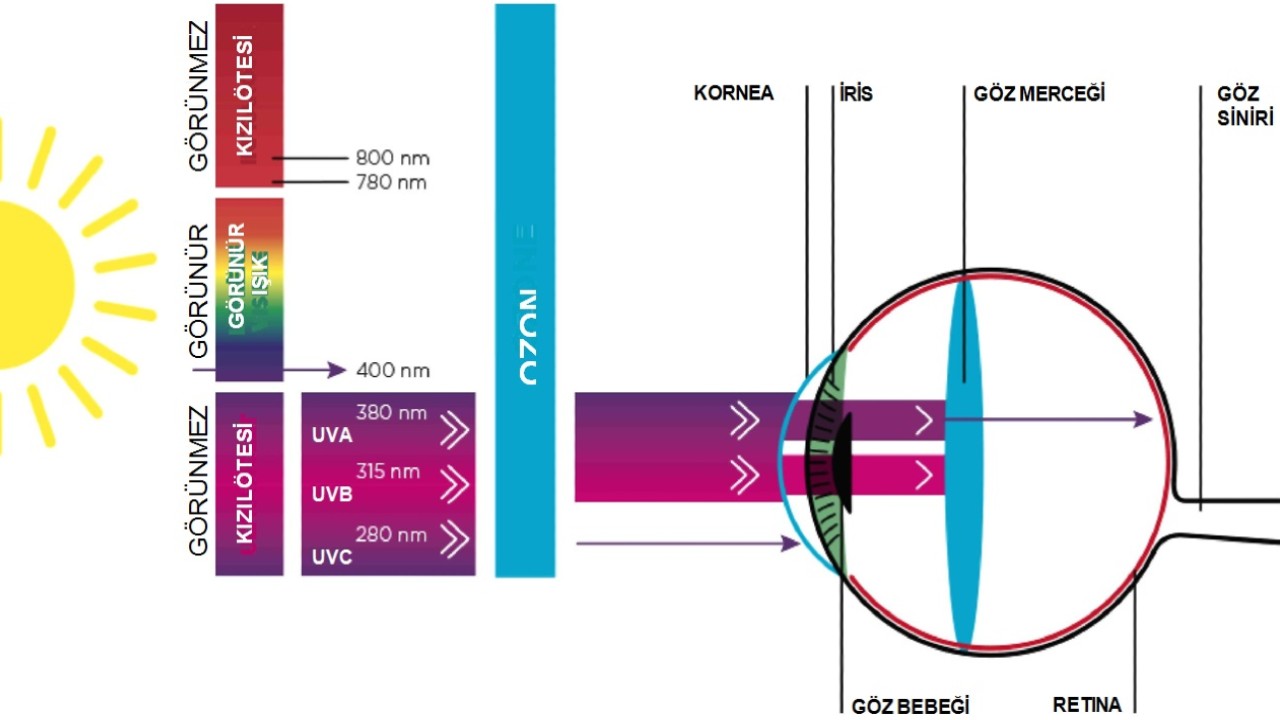
UVA rays at the macular point at the back of the eye (yellow spot) and retina, UVB rays cause damage to the cornea in the front of the eye, the iris, and the pupil, which allows light to fall on the retina.
UVB rays can cause short-term eye disorders such as burning, stinging, itching, bleeding, dryness and pain in the cornea. caused by UV rays cumulative damagesome of them are as follows:
Yellow spot disease caused by damage to the macula
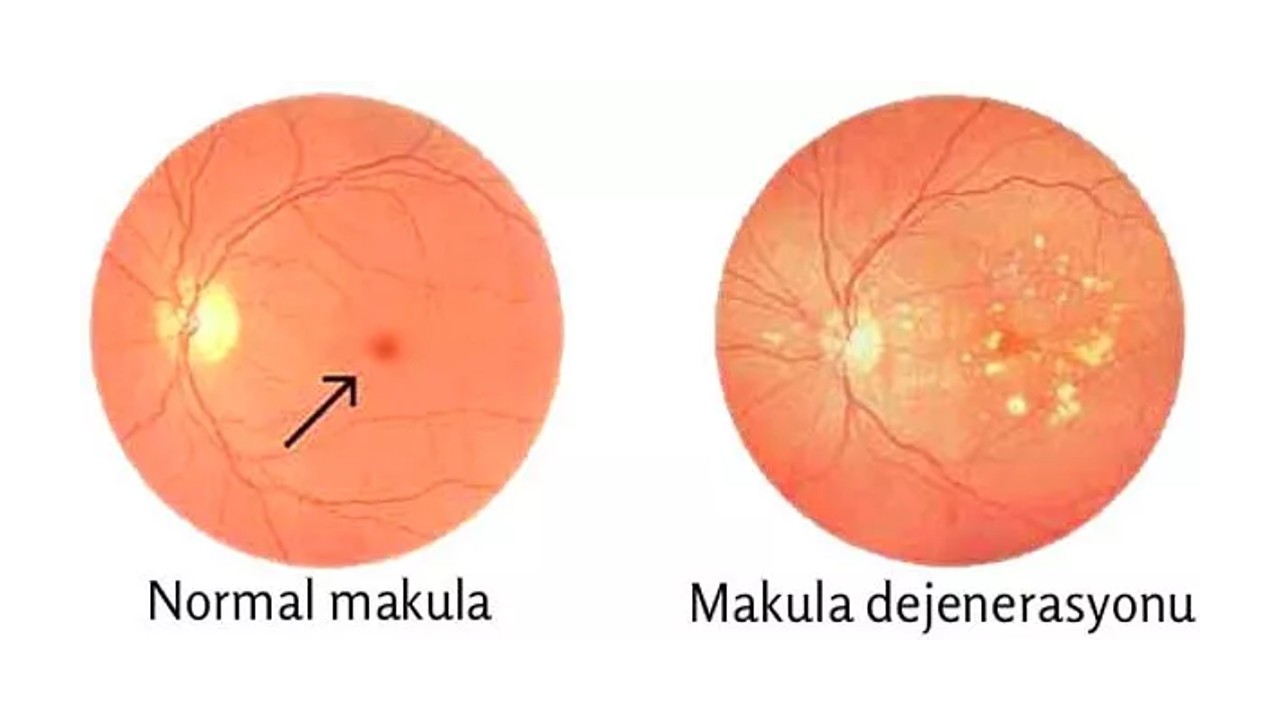
retina at the back of the eye in the yellow dot It is a disease caused by injury. Yellow spot disease is also known as macular damage. This disease, which occurs as a result of the accumulation of waste material in the yellow spot (macula), can cause blindness in later ages if not treated.
A piece of flesh growing inside the eye: Pterjium
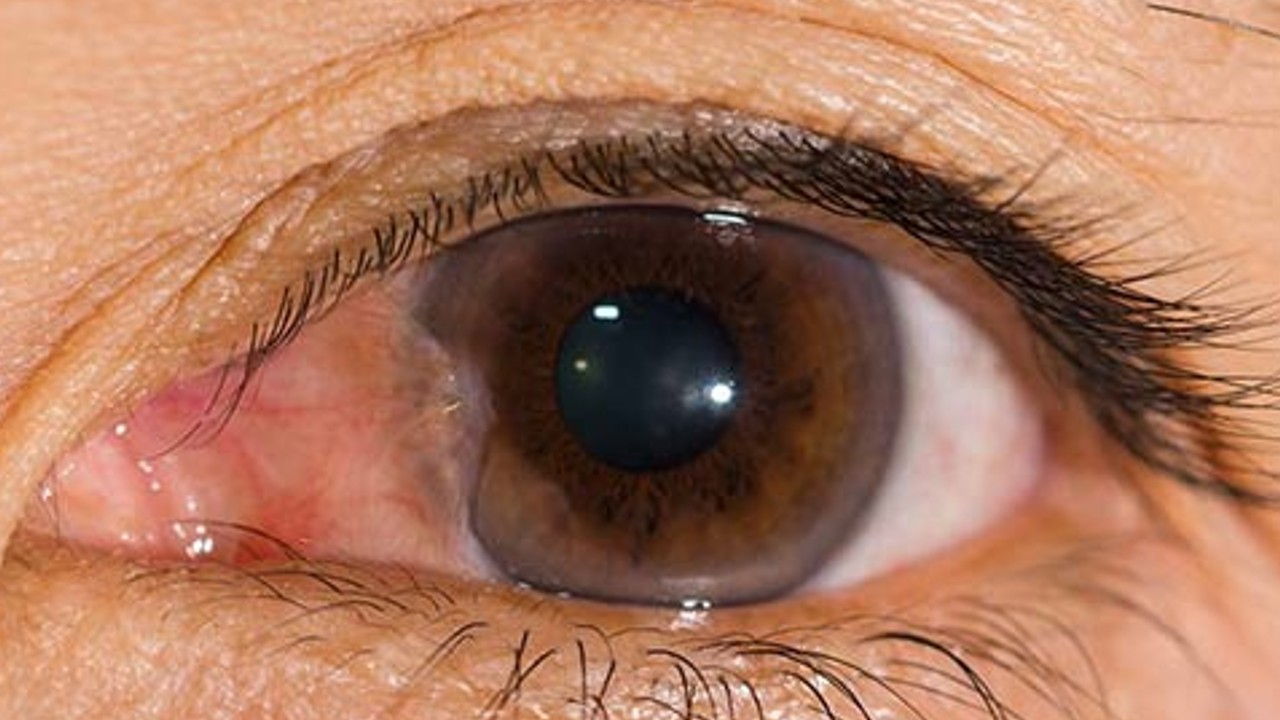
The white membrane (sclera) surrounding the cornea vascular and connective tissues It is an eye disease that occurs with thickening. Pterygium, or enlargement of the eye, is also known as “bird’s wing” among the people. Hypersensitivity to light is among the symptoms in patients.
The result of watching a solar eclipse with the naked eye: Solar retinopathy
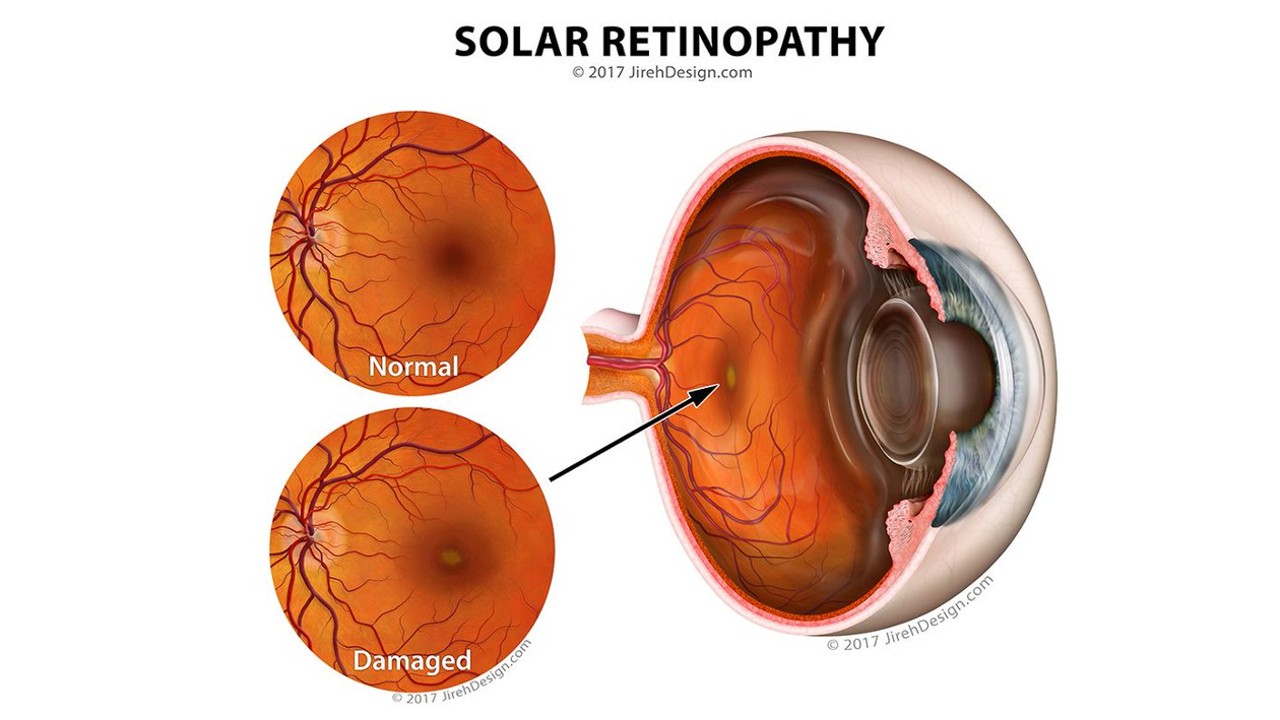
exposed to direct UV rays and rarely observed with the naked eye. from solar eclipses It is a disease that occurs as a result of damage to the tissues in the inner part of the eye by intense rays.
Benign and malignant reflections of UV rays: Eyelid tumors
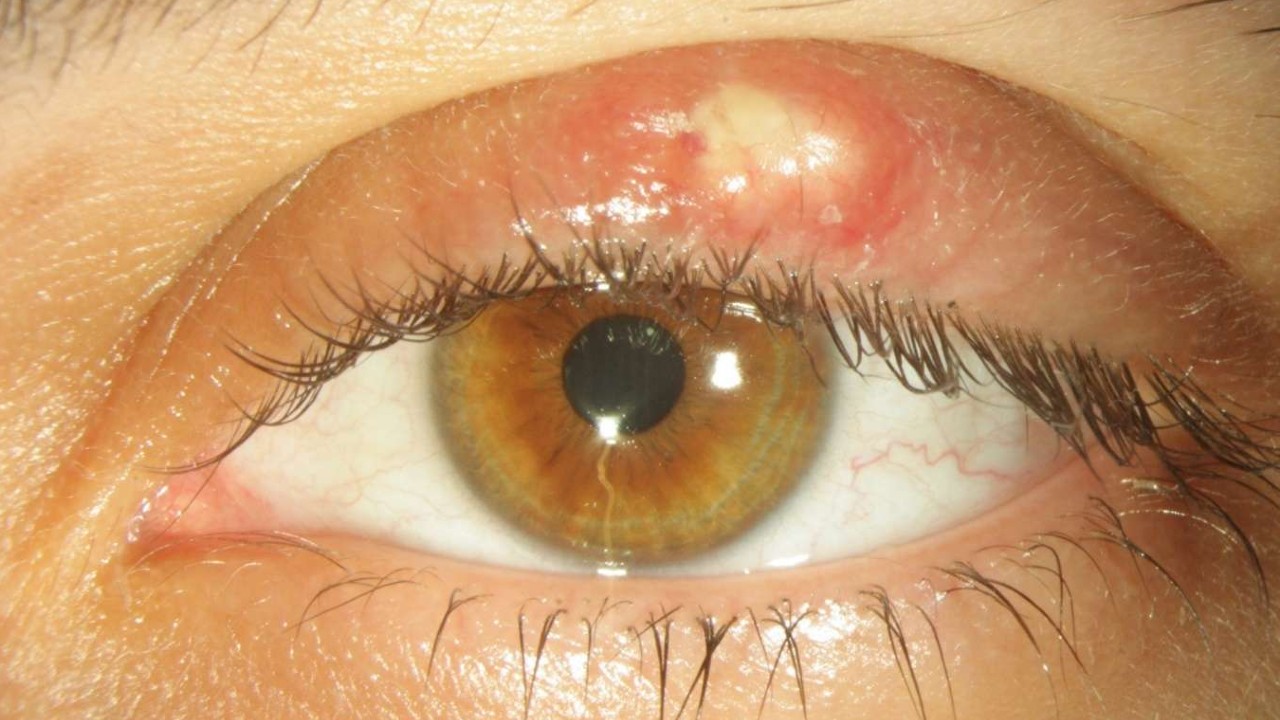
Just like our entire body. DNA damage Like the skin on our eyelids, it is exposed to UV rays. There are benign and malignant types of eye tumors based on the cumulative damage that results from this.
Lens damage: Cataract
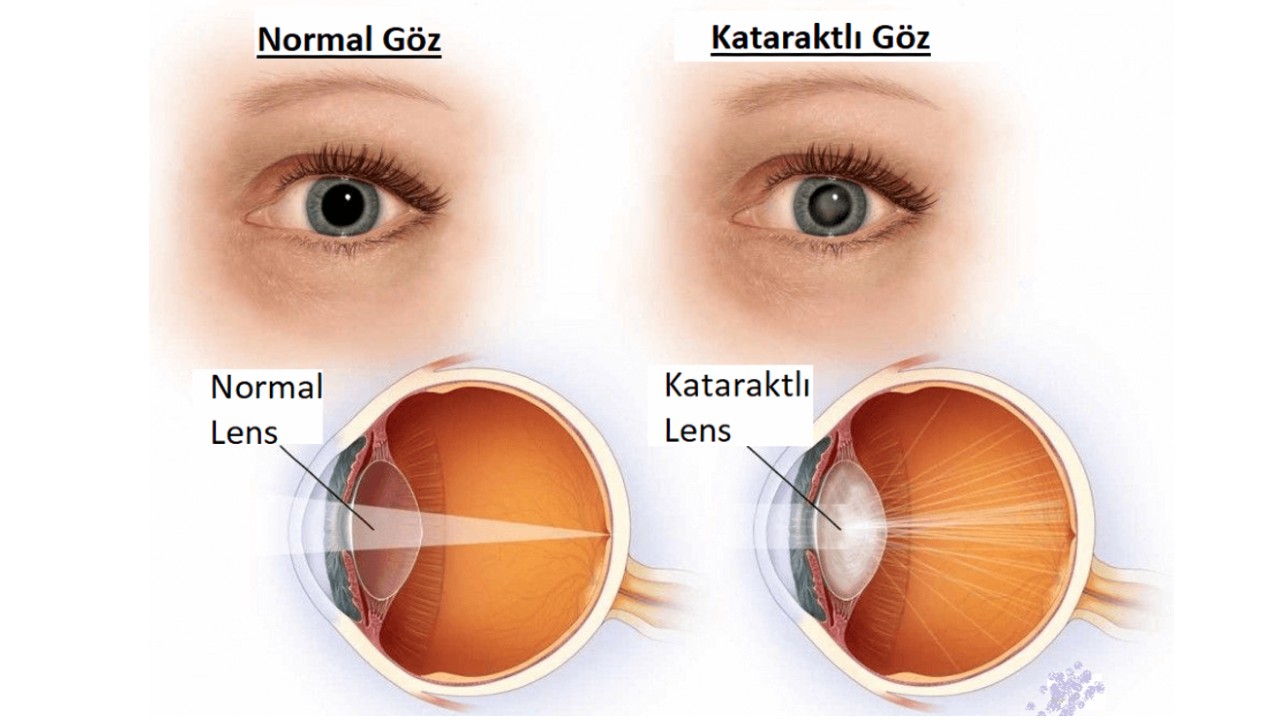
Our eye lens, whose task is to transmit the image to the retina, (lens) loss of transparency It is an eye disease. The lens cannot transmit light and image to the retina over time. Although cataract is referred to as a disease related to aging, the cumulative damage caused by the rays over time also has a great effect.
The nightmare of light-sensitive eyes: Eye allergies
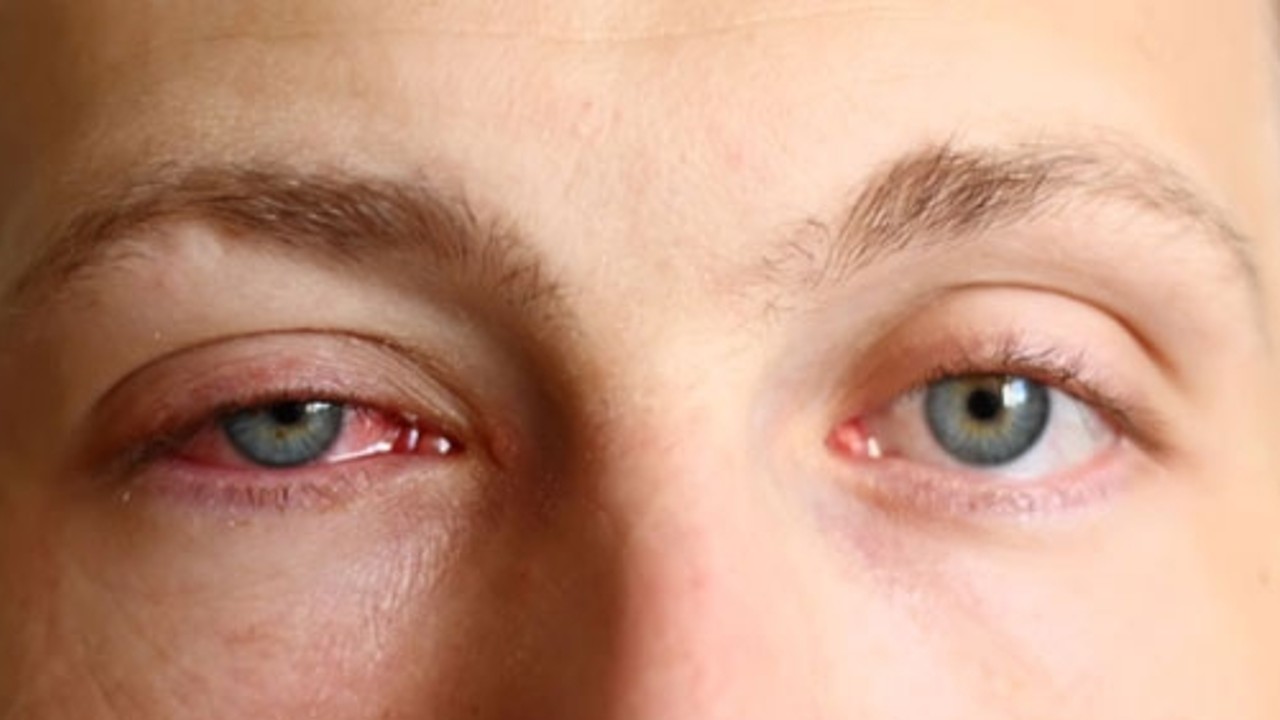
favorite rednesseye allergies with typical symptoms such as burning, stinging, tearing sunlight, dust, pet dander, and airborne allergens. Since the sun’s rays cause sensitivity in the eyes of people, its share in this eye disease is also high.
RELATED NEWS
Stunning Results Showing What Your Skin Can Do If You Don’t Use Sunscreen! So what should you pay attention to when buying?
How do sunglasses protect from UV rays?
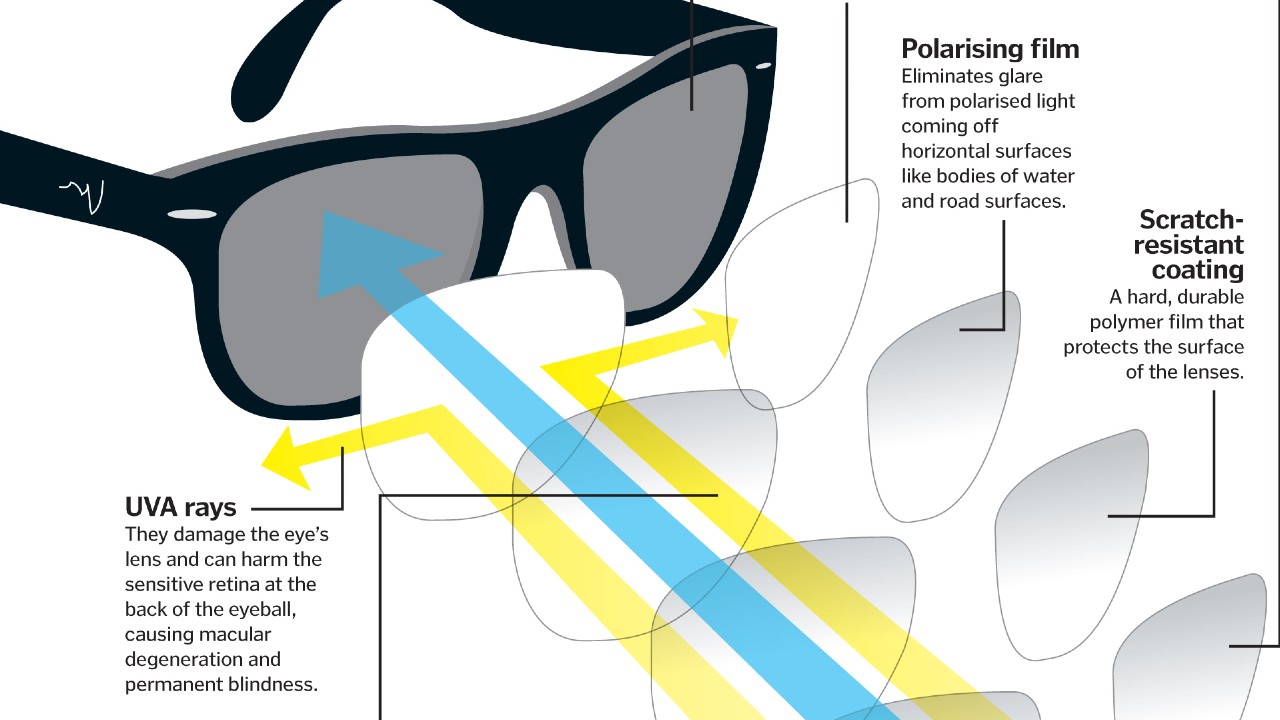
polarized Since a good quality eyeglass lens reflects UV rays, the rays do not penetrate into the eye and do not cause deterioration in the structure of the eye. However, an ordinary and poor quality eyeglass lens is not enough to protect from UV rays.
ordinary in society eyeglass There is a misconception that the darker it is, the less rays it transmits. On the contrary, when the pupil does not perceive enough light, it enlarges and more harmful rays enter the eye, since ordinary glass does not provide sufficient protection. This means bigger eye diseases in the long run. In other words, the fact that a pair of sunglasses is dark does not mean that it protects enough.
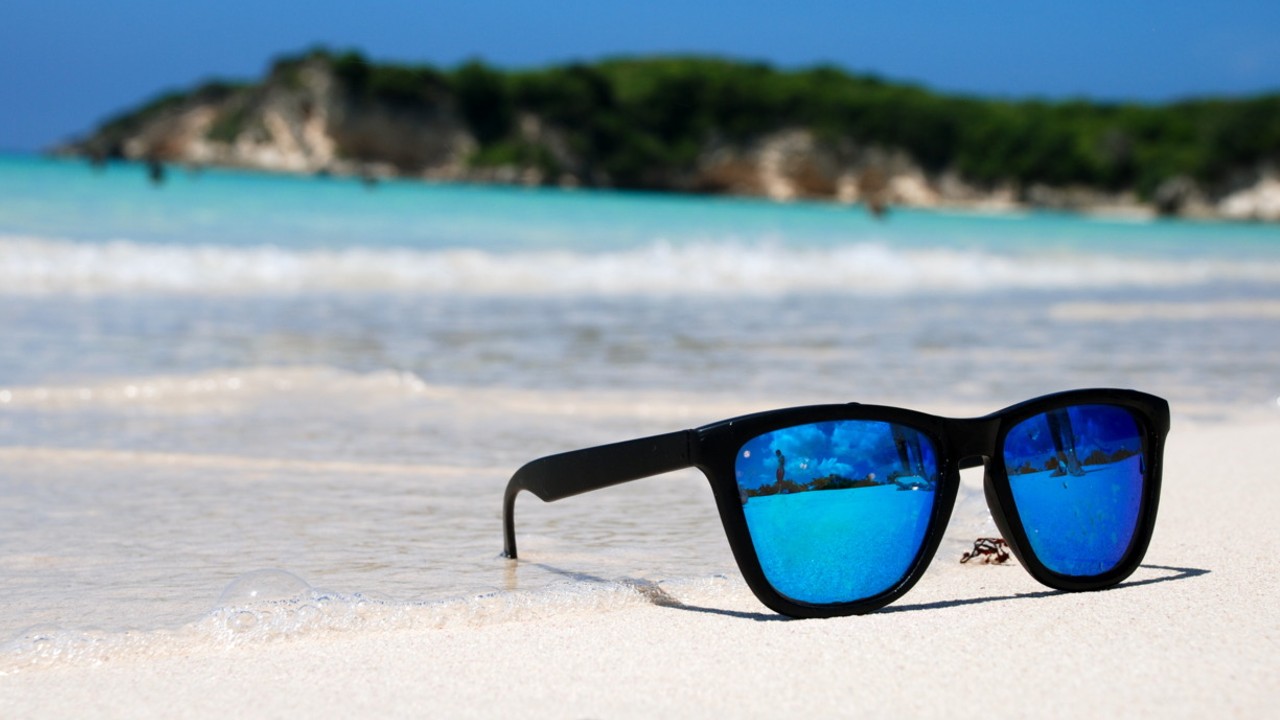
The lens color of the sunglasses may vary depending on the place and purpose of use. Let’s explain with an example. Let’s think of someone camping in the forest. Do this in an environment with excessive green color. will neutralize A glass color strains the eyes less and provides a more comfortable vision.
Let’s take a person who goes skiing to Uludağ during the semester break. Everywhere is covered with snow. This means more UV rays as it is a white reflective surface. Yes, even in the snowy season. It is therefore well polarized and at least UV 400 certified to be protected CE (Conformité Européene) We must use certified sunglasses.
Today, we talked about the health problems you may experience if you don’t use quality sunglasses and why you should use good quality sunglasses. If you want more content like this to come, we are waiting for you in the comments.
Source: 1, 2, 3
RELATED NEWS
